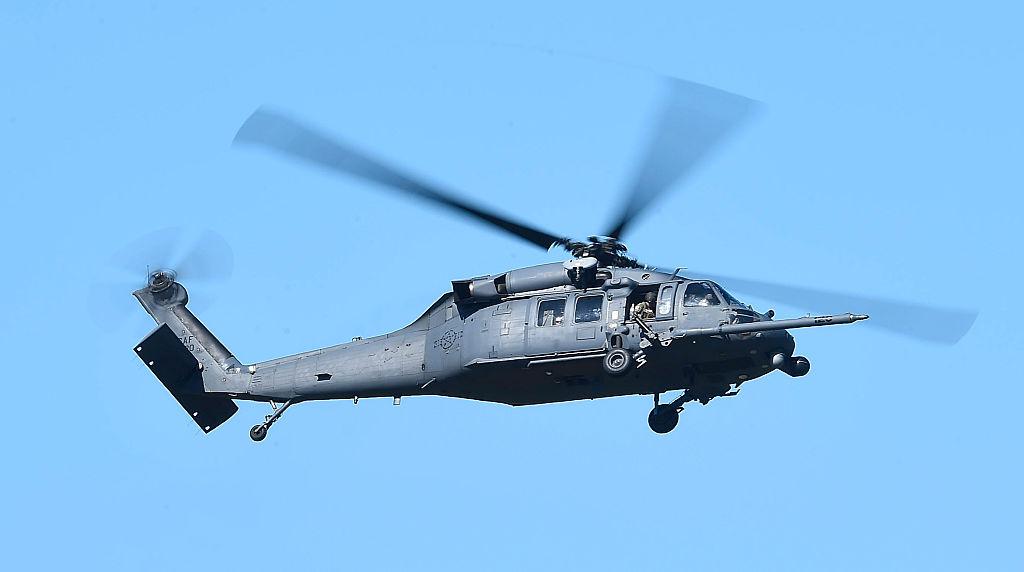The current threat of attack against Australia has reached a point where U.S. authorities are treating it as the “frontline” of competition with the Chinese Communist Party (CCP), says former Australian Ambassador to the U.S. Kim Beazley.
The former Labor Party and opposition leader said that the previous timeframe for a potential attack on Australia had narrowed—from 15 years to zero—and this left the country in its worst position strategically since the two World Wars.





